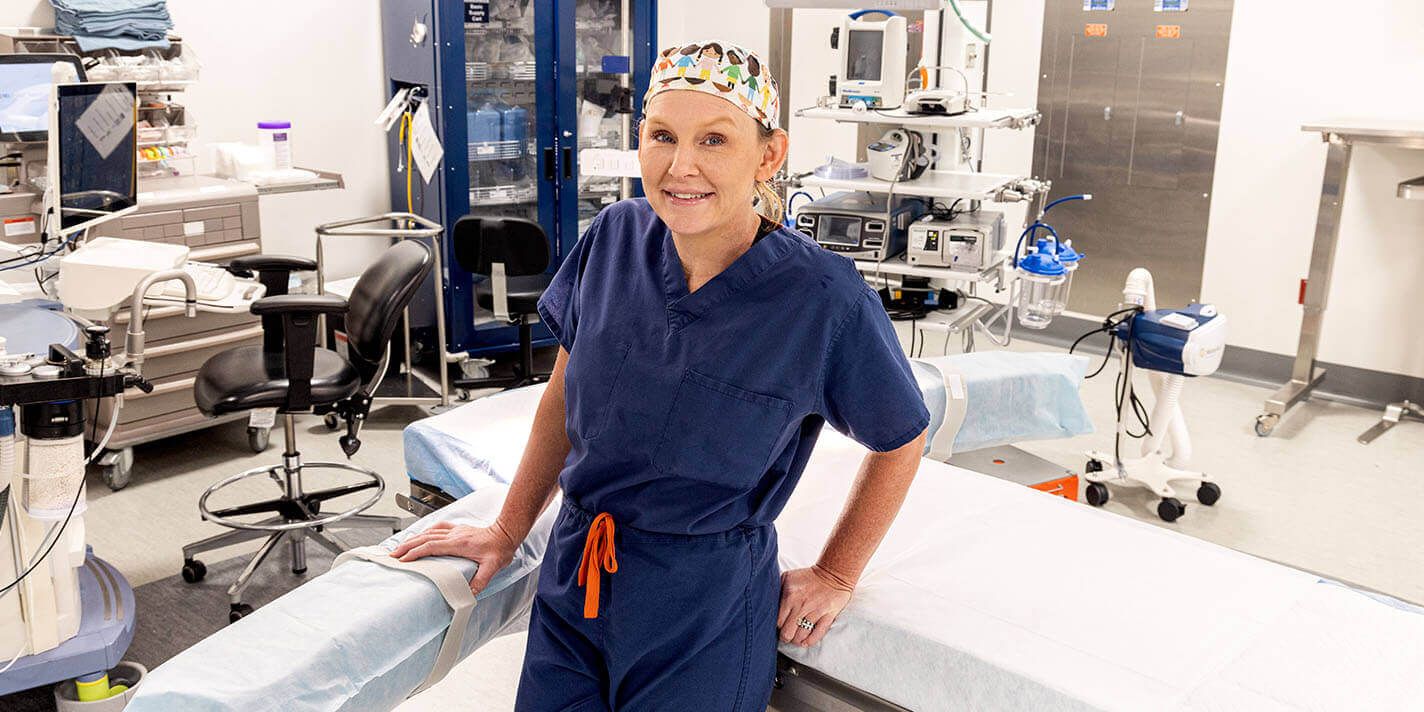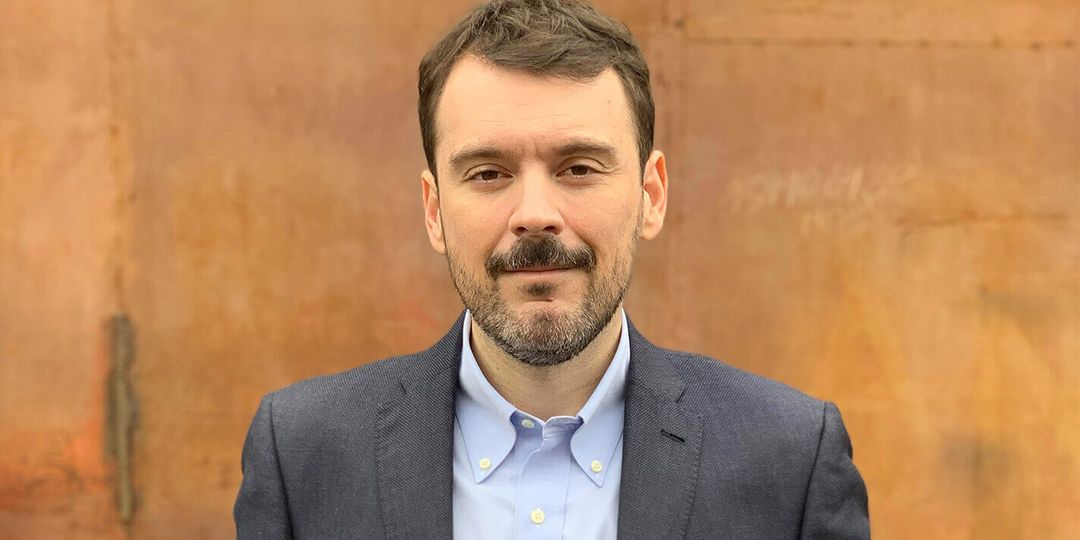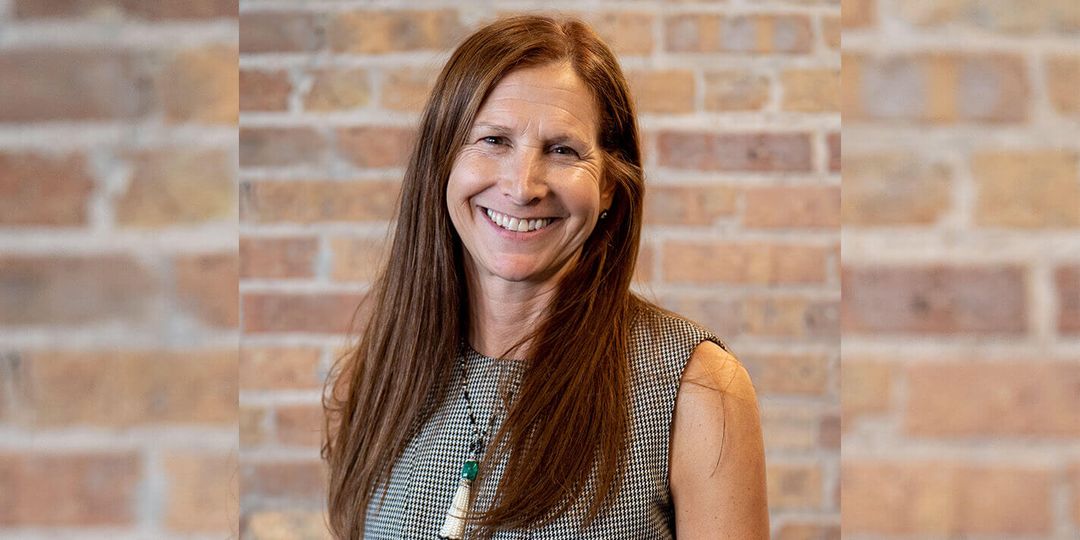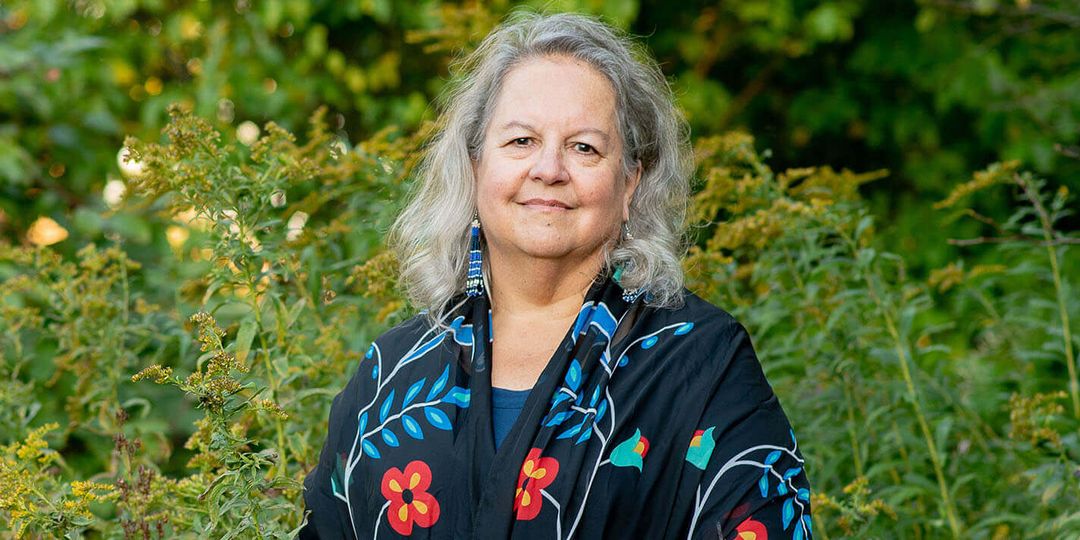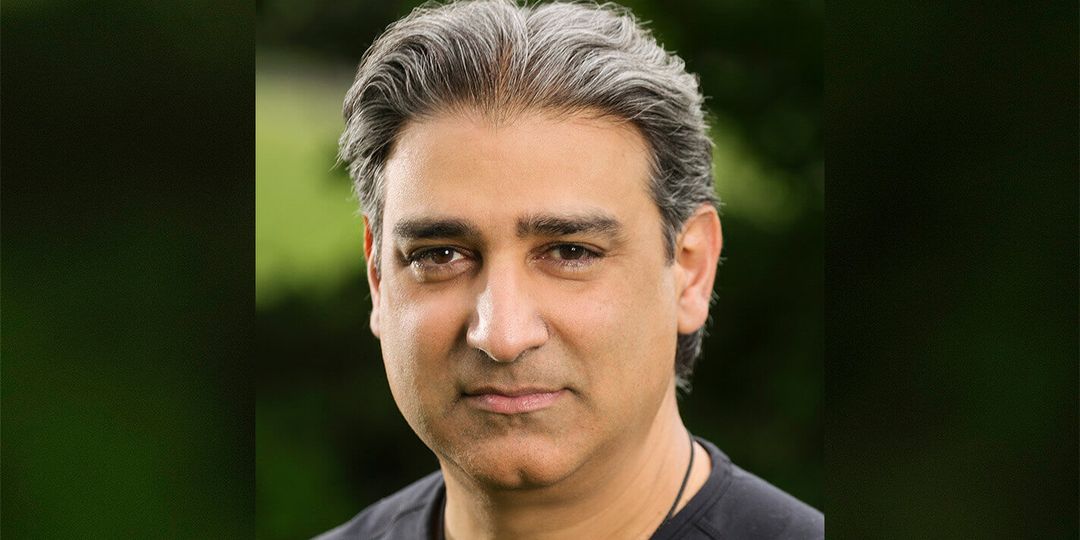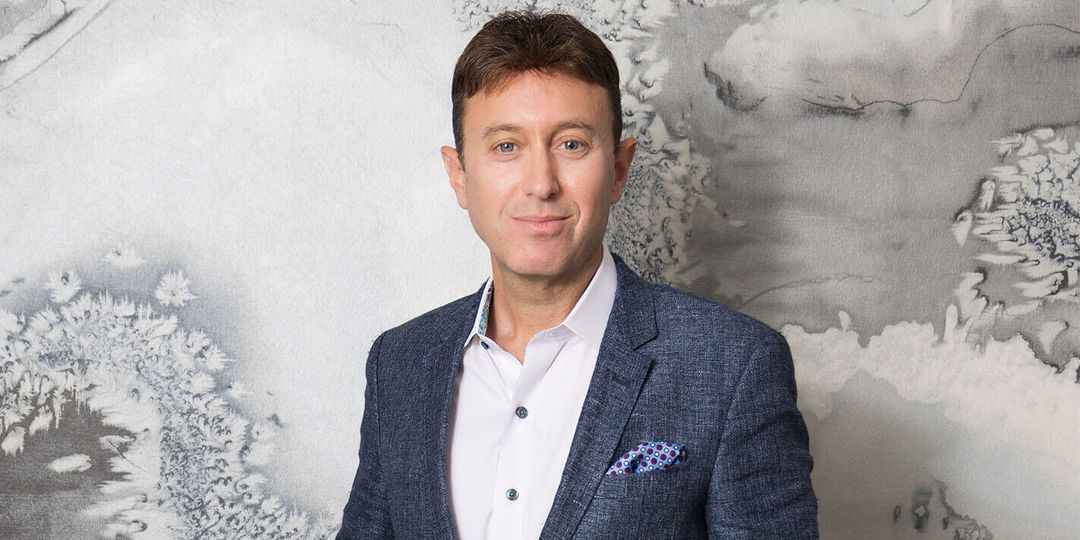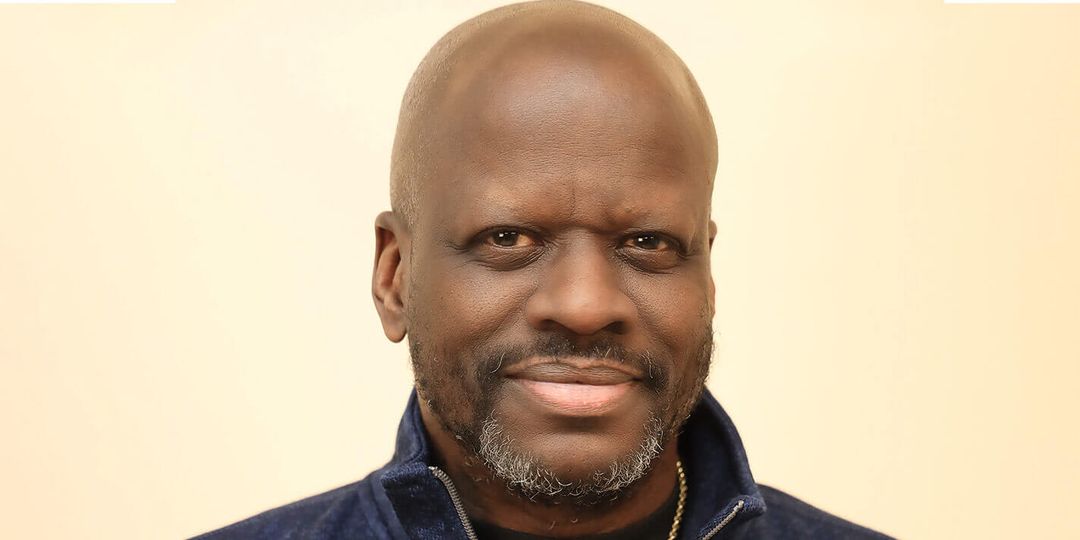UW Majors: Molecular Biology
Oral and Maxillofacial Surgeon
During her undergraduate years at the UW, Melissa Amundson thought she’d worked out a pretty solid plan for her career: take foundational science coursework, leverage her high-school French into a North African placement in the Peace Corps, and enroll in medical school after that. Voilà!
But as she neared graduation, a minor sinus issue became a major problem when the Peace Corps delayed her acceptance to make sure she was healthy enough for a remote placement. “You cannot just have a plan and no plan B or C,” Amundson says. “I had no other plan except to go to the Peace Corps, [but instead] I had to look for a real job.”
Amundson became a pharmaceutical rep and met disgruntled doctors who told her to become a dentist if she wanted a happy life. Amundson listened, enrolled in dental school, and within months thought she’d made a terrible mistake. Unsure what to do, she turned to a program adviser who half-heartedly suggested she try to pursue surgery, even though “women don’t do that.”
Amundson was taken aback. “I said, well, if that’s the only factor why I shouldn’t, then I’m at least going to give it a shot.” She took on externships at a surgery clinic and found that the work “really jived with what I could do.” The dental school textbook she’d enjoyed most was about maxillofacial surgery, and when Amundson matched with the residency program at the University of Miami where the textbook’s author was based, she took it as a sign that Plan C was, at long last, the right path.
The move to south Florida proved challenging. Amundson was placed at a resource-limited hospital where Spanish was the predominant language, followed by Creole. “It was a totally foreign environment to me, but that prepared me for working in low-resource settings,” she says. In 2013, she joined a project in Tegucigalpa, Honduras, to provide complex maxillofacial care and surgical training at the country’s only free hospital. For several years, she traveled between Honduras and a fellowship in Portland, Oregon, and at the end of her fellowship, she felt a tug to give her original Plan A one more try.
This time she applied to Médecins Sans Frontières/Doctors without Borders, and her unique specialty made her the only American doctor qualified to help with a particularly challenging job: to help revive a functionally defunct hospital in northern Nigeria that specializes in serving children who have survived noma, a devastating form of gangrene that causes severe facial disfigurement. The infection predominantly strikes those living in extreme poverty with no access to basic health care.
In 2016, Amundson performed some of the earliest surgeries at the new iteration of Sokoto Noma Hospital, and she’s returned to Nigeria almost every year since. Over time, her contribution to the hospital has shifted from personally performing surgeries to training local medical staff to handle most cases themselves. Currently, Amundson is one of two expat surgeons still directly involved — because others are no longer needed. Stateside, Amundson is now based at the Tallahassee Memorial Hospital. She’s the only maxillofacial surgeon within a 14-county radius and serves patients across the Deep South. “I try and counsel people who want to do humanitarian surgery abroad that it’s not easy,” she says. “There are a lot of people who need help here in the United States, and that is also very rewarding.”
